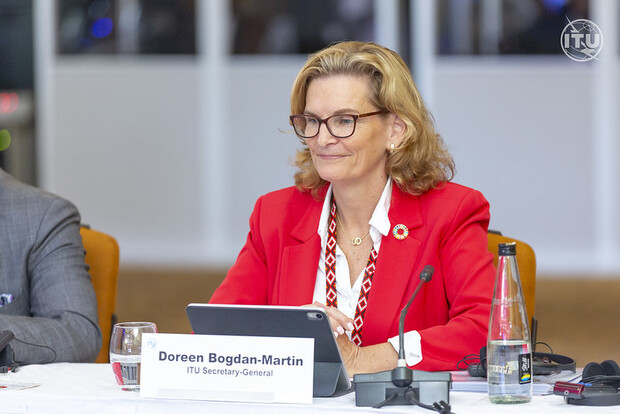Digital Regulators Discuss Benefits of Transformative Technologies for Societies
Digital Regulators Discuss Benefits of Transformative Technologies for Societies
Regulators at GSR-24 noted that equal, global access to existing digital services would help countries leverage transformative technologies.
Regulators endorsed a set of guidelines to maximize the benefits of transformative information and communication technologies (ICTs) at the Global Symposium for Regulators (GSR-24) which closed on July 4 in Kampala, Uganda.
The “GSR-24 Best Practice Guidelines” agreed by ICT regulators include a series of considerations for balancing innovation with regulation to create a positive impact on societies and economies from emerging technologies such as artificial intelligence (AI).
“With one-third of humanity still offline and women and other vulnerable groups on the wrong side of the globe’s digital divides, GSR-24 and the Best Practice Guidelines highlight the innovation, trust, and inclusivity that we need in the policy and regulatory environment,” said ITU Secretary-General Doreen Bogdan-Martin.
“With change being the only certainty facing regulators and policymakers, we must work together to pursue regulatory approaches to leverage transformative technologies such as AI, promote the space economy, encourage innovation, and support climate action and the UN Sustainable Development Goals.”
Organized by the International Telecommunication Union (ITU), the UN Agency for Digital Technologies – the symposium brought together over 600 participants including Ministers, Heads of Regulatory Authorities, industry executives and academics to discuss pressing regulatory issues.
Regulators at GSR-24 noted that equal, global access to existing digital services would help countries leverage transformative technologies.
The International Telecommunication Union (ITU) is the United Nations specialized agency for information and communication technologies (ICTs), driving innovation in ICTs together with 193 Member States and a membership of over 1,000 companies, universities, and international and regional organizations.
Courtesy: ITU














